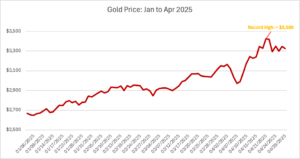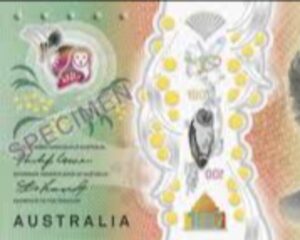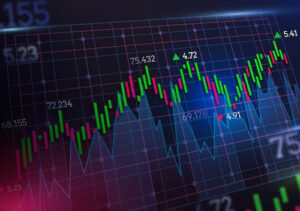Following President Trump's announcement of sweeping new tariffs, fears of an economic downturn are intensifying across the United States. Many Americans are drawing parallels to the 2008 financial crisis, revisiting survival strategies from that era.
In suburban Chicago, Kiki Rough began posting videos on TikTok and Instagram, teaching viewers how to prepare affordable meals using ingredients already at home. While not a professional chef, her experience surviving on food stamps provided practical knowledge. Her advice focuses on adaptability and maximizing limited resources.
This trend of sharing recession-era skills has resonated with Millennials and Gen Xers, who now pass down lessons to younger generations. Affordable pork chops, house parties with homemade drinks, and strategic budgeting tips have resurfaced as symbols of economic caution.
Google search data shows a surge in terms like “Global Financial Crisis” and “Great Recession,” reaching their highest levels since 2010. The revival of these memories highlights the deepening sense of uncertainty across American society.
While today’s circumstances differ from 2008—such as the absence of widespread bad debt—the burden of high living costs, rising interest rates, geopolitical tensions, and policy shifts contribute to growing unease.
Some content creators have turned to old cookbooks from the 2009 recession, adapting recipes to today’s inflated prices. This sharing of knowledge offers not only practical help but also emotional solidarity, fostering a sense of community in uncertain times.
Culturally, echoes of the late 2000s are resurfacing. Flash mob dances, nostalgic television reboots, and pop stars like Lady Gaga, Miley Cyrus, and Katy Perry releasing new music in 2025 all feed into a broader feeling of déjà vu.
The University of Michigan’s Consumer Sentiment Index recorded one of its worst readings in decades this month, indicating that economic confidence among Americans is deteriorating sharply.
In 2025, the worry sparked by new tariffs is more than just an economic reaction; it’s a deep psychological revival of fears many hoped were left behind in the aftermath of 2008.





